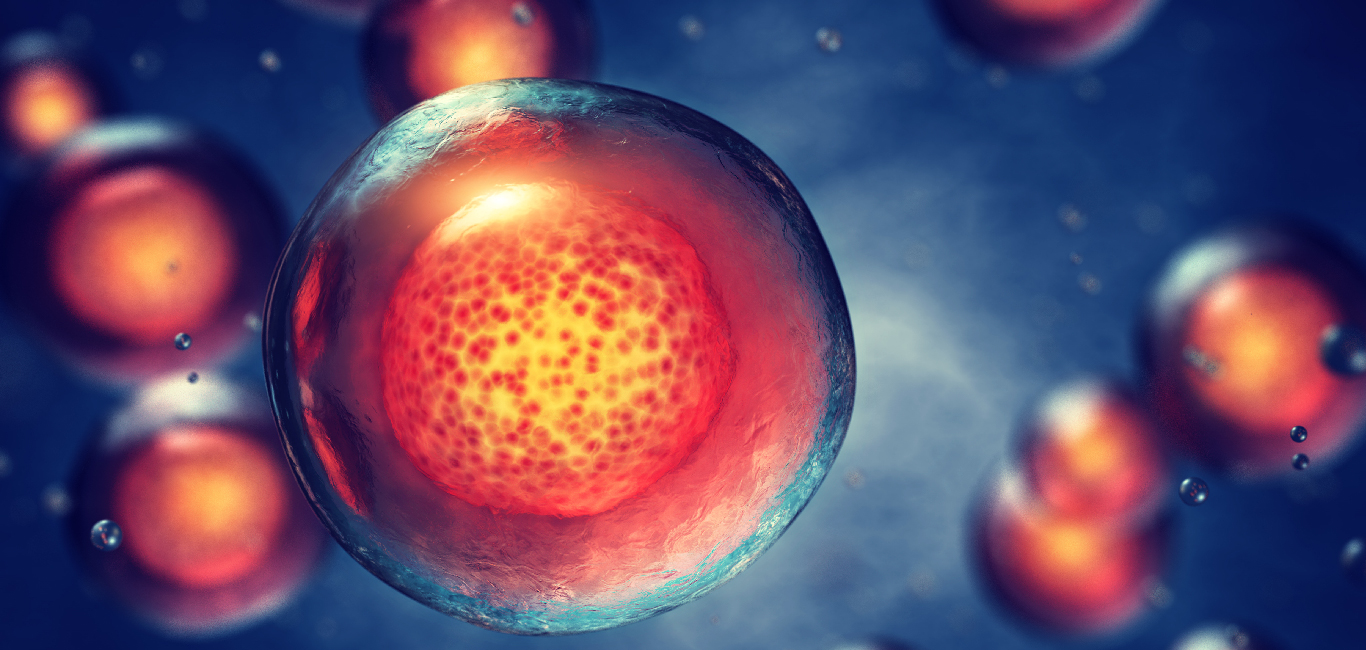
Researchers at University Medical Center Groningen, Netherlands have grown mini-organs in a lab that help in regulating calcium in a body, a breakthrough that potentially would help in better understanding of the function of the tiny gland that sits on the thyroid.
These synthetically grown miniature organs called organoids can mimic several functions of an organ and are useful treating in parathyroid diseases. They could also potentially reduce animal testing in research.
In the study published in Stem Cell Reports on October 27, 2022, the team used stem cells isolated from non-cancerous hyperplastic parathyroid gland tissue from people who had undergone surgery.
Stem cells are a special type of body cells that can grow into any other cell.
“We have shown that the parathyroid gland contains stem cells that are able to produce organoids. These organoids mimic the patient condition, are able to produce the hormone, express specific markers, and show comparable reactions to drugs,” said co-senior study author Schelto Kruijff in a statement.
The team is now looking to transplant these mini-organs into rats to understand how they work inside a living environment amidst blood vessels and surrounding tissues. It could take as much as a decade to be tested on humans, subject to its success in animal studies.
The parathyroid is a rice grain-sized gland that regulates calcium levels in the bloodstream. Calcium plays a vital role in the electrical communication between nerves and hence, the brain needs optimum levels of it to maintain the mood, energy levels, muscle and bone health in the body.
The researchers observed that the lab-grown organoids retained their original genetic and protein expression ability. Also, the organoid’s hormone secretion was intact when the calcium and drug levels were varied.
“This technique could be used to try to culture healthy parathyroid gland organoids in order to treat patients with hypoparathyroidism,” said Kruijff.
Growing organoids is an emerging field of research which allows researchers to closely study organ functions and processes.

















